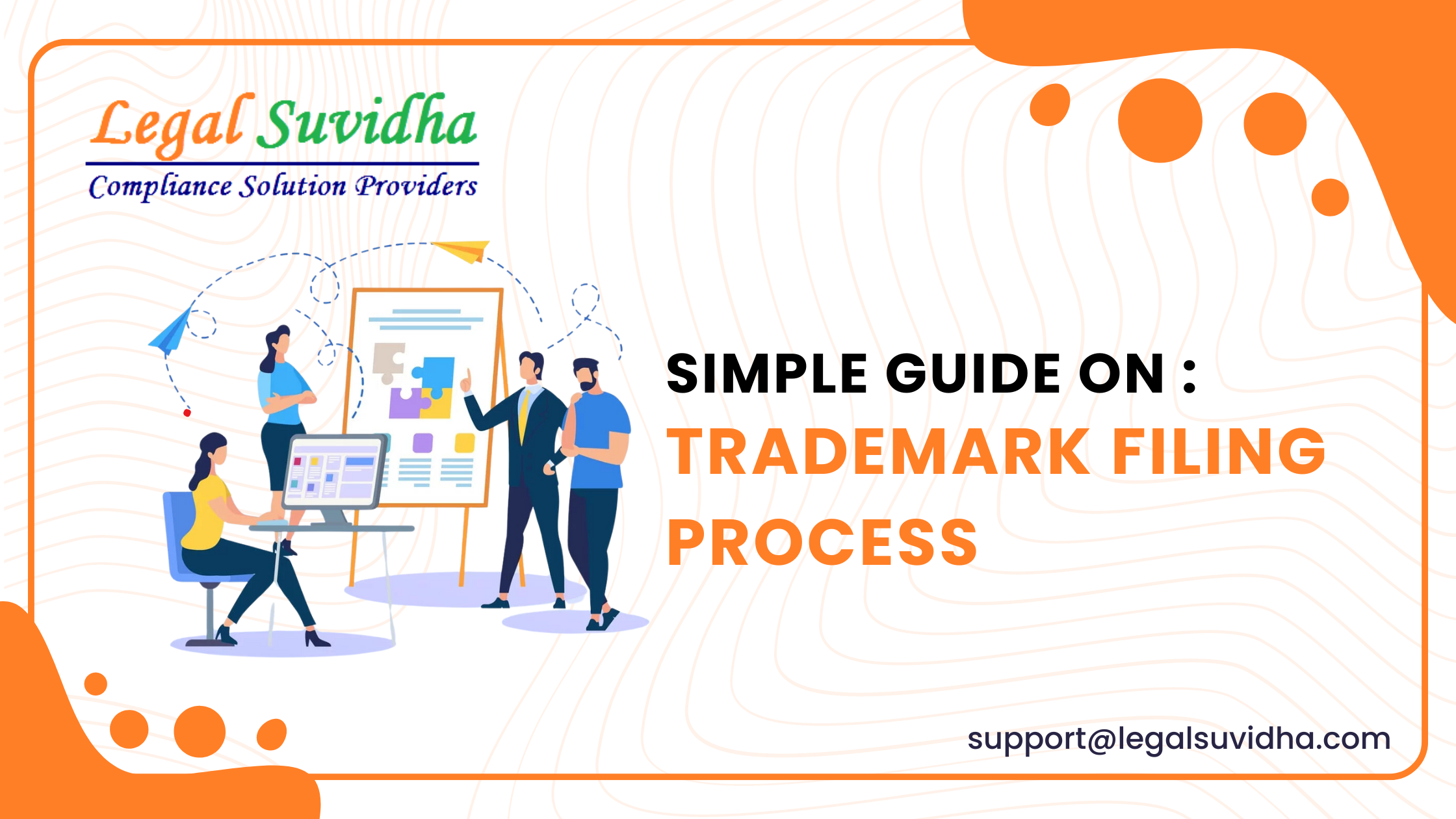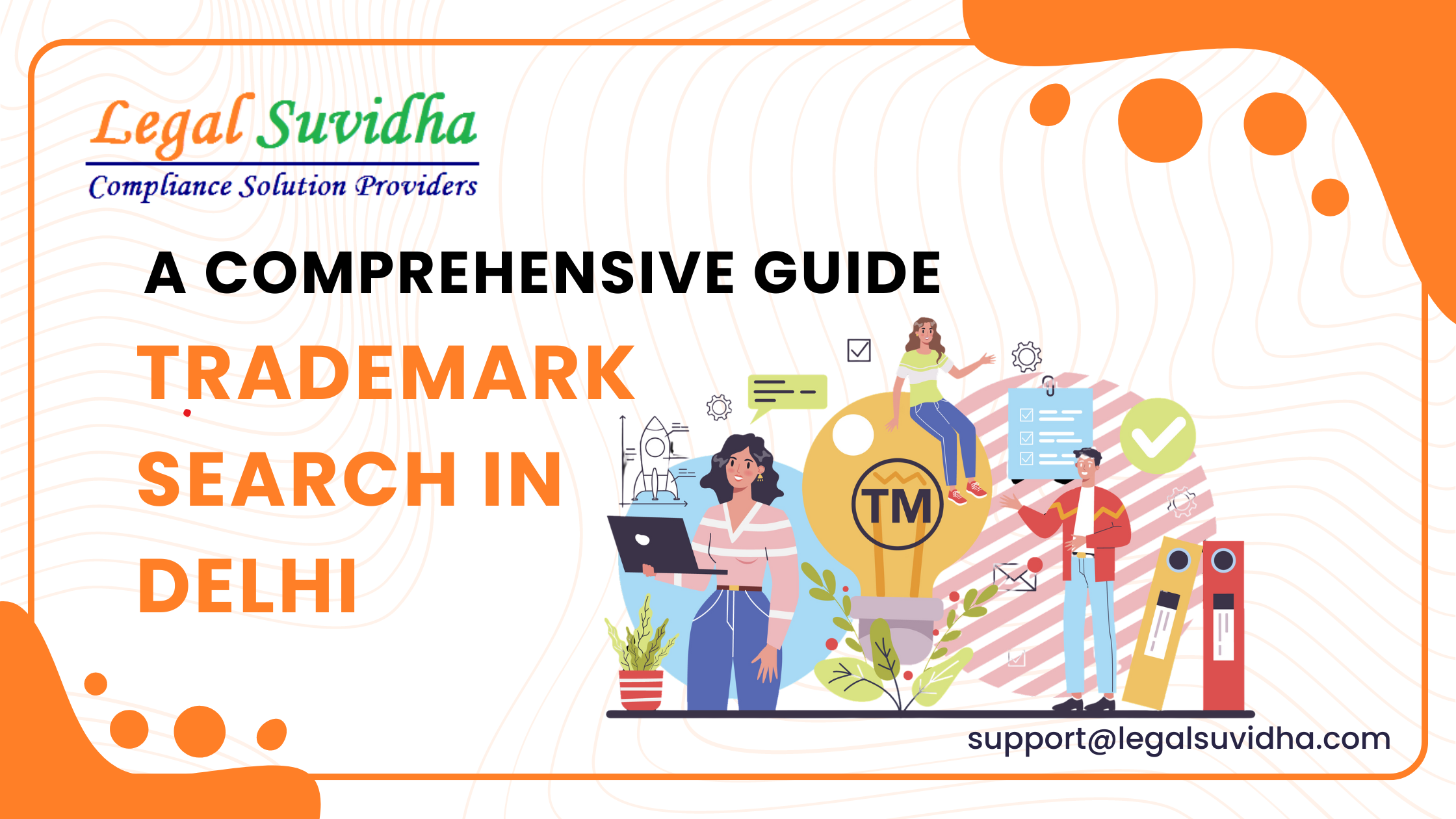Clubbing of income refers to the inclusion of income of one person in the income of another person for the purpose of taxation. This is done to prevent taxpayers from avoiding tax liability by transferring income to family members or other related parties. In other words, if income is transferred to a person who is not the rightful owner of that income, it can be clubbed with the income of the rightful owner and taxed accordingly. This concept is applicable under the Income Tax Act of India and is aimed at ensuring that taxpayers pay tax on their actual income and do not use tax planning techniques to evade tax liability.
For example, if a husband transfers money to his wife’s bank account to save taxes, the income will be clubbed with the husband’s income and taxed accordingly. Similarly, if a father transfers income to his minor child, the income will be clubbed with the father’s income and taxed accordingly.
Provisions related to Clubbing of Income
The provisions related to clubbing of income are covered under Sections 60 to 64 of the Income Tax Act. Let’s take a closer look at these provisions.
Section 60: This section deals with the transfer of income from an individual to another person without adequate consideration. Any income arising from such a transfer will be deemed to be the income of the transferor and will be taxed accordingly.
Section 61: This section deals with the transfer of income from a firm or an association of persons (AOP) to its partners or members without adequate consideration. Any income arising from such a transfer will be deemed to be the income of the firm or AOP and will be taxed accordingly.
Section 62: This section deals with the transfer of income from a company to its shareholders without adequate consideration. Any income arising from such a transfer will be deemed to be the income of the company and will be taxed accordingly.
Section 63: This section deals with the transfer of income from a trust to its beneficiaries without adequate consideration. Any income arising from such a transfer will be deemed to be the income of the trust and will be taxed accordingly.
Section 64: This section deals with the transfer of income from an individual to his or her spouse, minor child or daughter-in-law. Any income arising from such a transfer will be clubbed with the income of the individual and taxed accordingly.
How to Avoid Clubbing of Income?
While clubbing of income cannot be completely avoided, taxpayers can take certain steps to minimize its impact. Here are some ways to avoid clubbing of income:
- Avoid transferring income to family members or related parties.
- Make use of tax-efficient investment options such as tax-saving mutual funds, National Pension System (NPS), and Public Provident Fund (PPF).
- Ensure that the income is transferred with adequate consideration.
- Consider forming a family trust to hold family assets.
Impact of Clubbing of Income on Tax Liability:
Clubbing of income can have a significant impact on a taxpayer’s tax liability. Under the Income Tax Act, if a person transfers an asset to their spouse or minor child without adequate consideration, any income derived from that asset will be clubbed with the income of the person who transferred the asset. This means that the person who transferred the asset will be liable to pay tax on the income generated from that asset, even though they do not physically own it anymore.
For example, if a husband transfers a property to his wife without adequate consideration, any income generated from that property will be clubbed with the husband’s income and he will be liable to pay tax on it. Similarly, if a father transfers shares to his minor child without adequate consideration, any dividend income generated from those shares will be clubbed with the father’s income and he will be liable to pay tax on it.
The impact of clubbing of income on tax liability can be significant, especially for high-income earners. It can push them into a higher tax bracket and increase their tax liability. However, effective tax planning can help taxpayers reduce their tax liability.
For example, instead of transferring assets to a spouse or minor child without adequate consideration, taxpayers can make use of tax-efficient investment options like Equity-Linked Savings Schemes (ELSS), Public Provident Fund (PPF), or National Savings Certificate (NSC). These investment options not only provide tax benefits but also help taxpayers grow their wealth.
Another effective tax planning strategy is to transfer assets with adequate consideration. For example, if a husband wants to transfer a property to his wife, he can do so by selling the property to her at a fair market value. This way, the transfer will be considered as a sale and not as a gift, and the husband will not be liable to pay tax on any income generated from that property.
Conclusion:
In conclusion, clubbing of income is an important tax provision that taxpayers must be aware of. The provisions related to clubbing of income under the Income Tax Act aim to prevent taxpayers from avoiding taxes by transferring income to family members or related parties who are in a lower tax bracket. While clubbing of income cannot be completely avoided, taxpayers can take certain steps to minimize its impact. By following the tips mentioned above, taxpayers can ensure that they are in compliance with the provisions related to clubbing of income and avoid any potential tax liabilities.
If You have any query then connect with us at [email protected] or you can contact us & stay updated with our latest blogs & articles.









